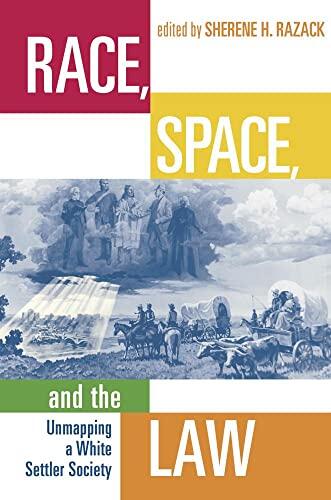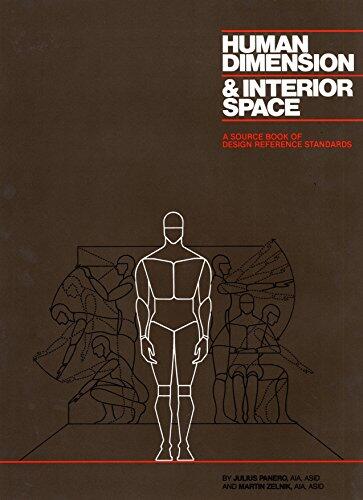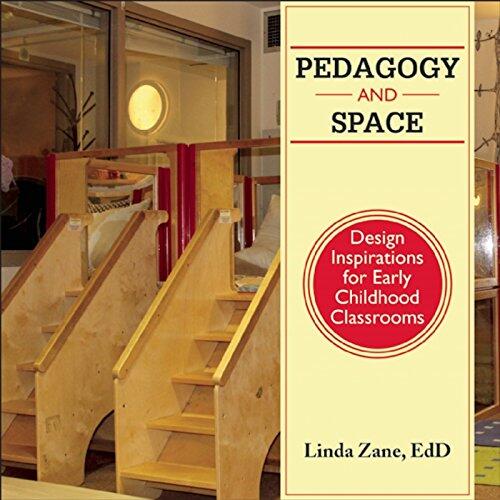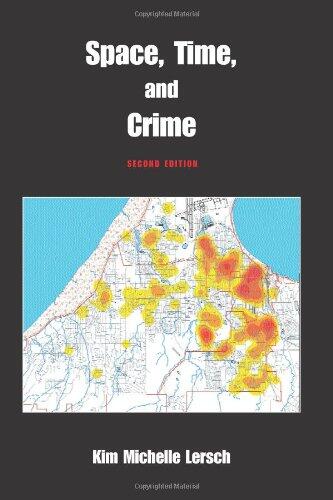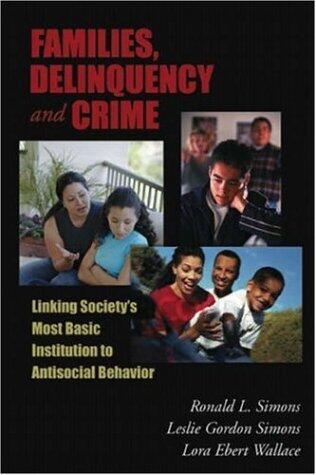
Families, Delinquency, And Crime: Linking Society's Most Basic Social Institution And Antisocial Behavior
Brak ocen
Romance
Mystery
Young Adult
+2
more
Format
Miękka okładka
Strony
232
Język
Angielski
Opublikowany
Jan 1, 2004
Wydawca
Roxbury Pub Co
ISBN-10
1931719306
ISBN-13
9781931719308
Opis
This work delves into the intricate relationship between family dynamics and juvenile delinquency, offering a comprehensive analysis of how social institutions influence antisocial behavior. The authors, drawing from rich sociological perspectives, explore various family structures and their impact on youth development. Through rigorous research, they reveal the critical role that familial relationships play in shaping behavior and potential criminality among adolescents.
By examining different environments and their associated outcomes, the narrative highlights the importance of supportive familial bonds. It emphasizes that children from nurturing homes are more likely to thrive, while those facing dysfunction may struggle with emotional and social challenges, leading to delinquency. This exploration also recognizes the broader societal context, illustrating how socioeconomic factors intertwine with family dynamics to affect youth behavior.
The authors provide compelling case studies and statistical evidence, making a strong case for understanding delinquency not merely as an individual choice but as a consequence of familial and social influences. Their insights encourage a reevaluation of interventions aimed at reducing crime, advocating for a systemic approach that prioritizes strengthening family units.
Overall, this book serves as a pivotal resource for researchers, policymakers, and anyone interested in understanding the foundational connections between family life and societal issues. It provokes thought and discussion on how society can foster healthier family environments to combat the cycle of delinquency and crime.
By examining different environments and their associated outcomes, the narrative highlights the importance of supportive familial bonds. It emphasizes that children from nurturing homes are more likely to thrive, while those facing dysfunction may struggle with emotional and social challenges, leading to delinquency. This exploration also recognizes the broader societal context, illustrating how socioeconomic factors intertwine with family dynamics to affect youth behavior.
The authors provide compelling case studies and statistical evidence, making a strong case for understanding delinquency not merely as an individual choice but as a consequence of familial and social influences. Their insights encourage a reevaluation of interventions aimed at reducing crime, advocating for a systemic approach that prioritizes strengthening family units.
Overall, this book serves as a pivotal resource for researchers, policymakers, and anyone interested in understanding the foundational connections between family life and societal issues. It provokes thought and discussion on how society can foster healthier family environments to combat the cycle of delinquency and crime.
Recenzje
Nie ma jeszcze recenzji
Bądź pierwszy, aby zrecenzować tę książkę i podziel się swoimi przemyśleniami
Dodaj pierwszą recenzjęDziennik czytania
Nie znaleziono dzienników czytania
Zacznij śledzić swój postęp w czytaniu, aby zobaczyć logi tutaj
Dodaj swój pierwszy dziennik czytaniaNotatki
Dziennik transakcji
Nie znaleziono dzienników transakcji
Zacznij śledzić swoje transakcje książkowe, aby zobaczyć logi tutaj
Dodaj swój pierwszy dziennik transakcji




